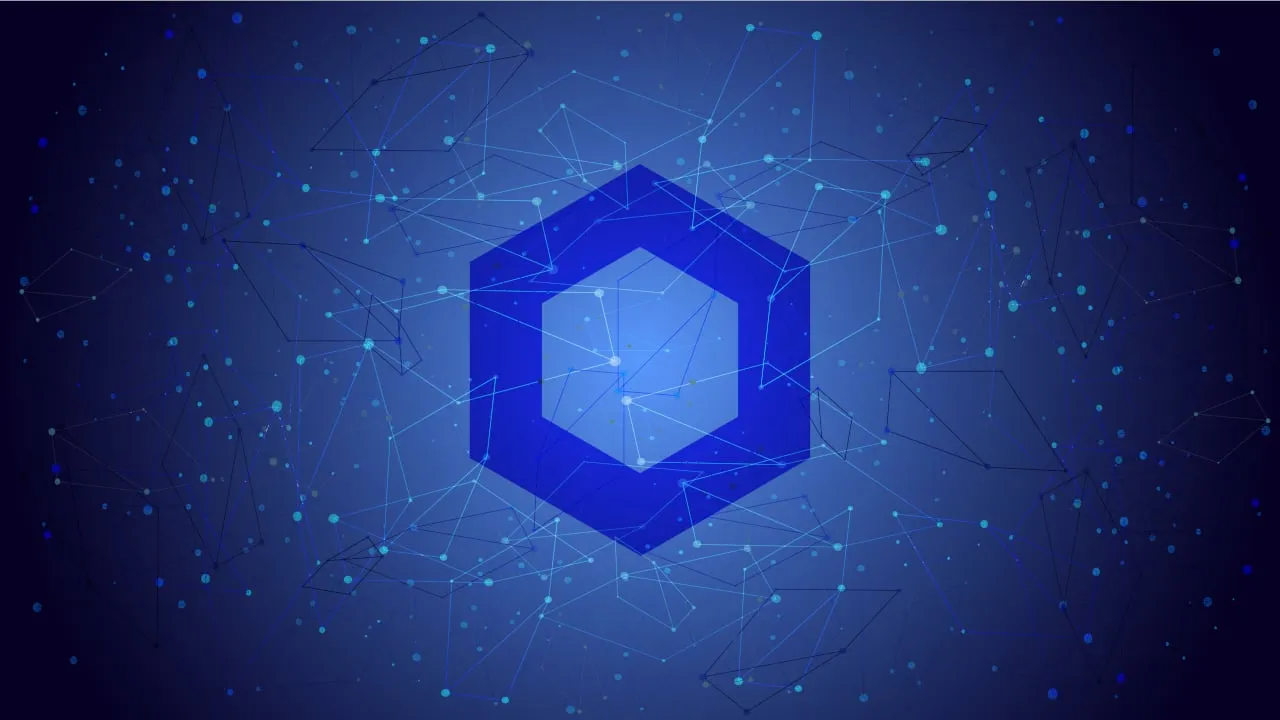Oracle provider Chainlink and stablecoin issuer Circle want to expand stablecoin utility for institutions through a new partnership.
Chainlink has made a name for itself as the industry-standard decentralized computing platform while Circle is a global financial tech company that issues both the USDC, the second-largest stablecoin on the market, and the EURC. This new partnership will make use of Circle’s developer platforms and Chainlink services to expand stablecoin utility for enterprise use.
Since it launched in 2021, Chainlink has empowered the DeFi market with price oracles that have enabled over $1.3trillion worth of transactions across six different blockchains. This new partnership will allow them to educate developers on Circle’s programmable Web3, Blockchain-agnostic wallets and Smart Contract Platform, which is designed to bring Web3 interactions to apps more easily.
"The combination of the two teams' expertise makes this partnership very powerful for moving the industry forward and growing the adoption of tokenized assets,” William Reilly, Global Head of Centralized Finance at Chainlink Labs, told Decrypt.
He added that Chainlink has been expanding its work with the Circle team and wants to explore further opportunities to engage with Circle.
“Chainlink’s integration of Circle’s stablecoin developer technology will empower innovators building Internet-native financial services,” Sandra Persing, VP Product, Developer, and Ecosystem Marketing at Circle, explained. “There are immense opportunities for builders right now and we look forward to continuing our partnership with Chainlink to unlock new capabilities for the DeFi ecosystem.”
Akersh Srivastava, Head of Developer Relations at Chainlink Labs, added: “Financial institutions’ growing interest in tokenized assets means developers need robust tools and secure infrastructure to leverage external data, proof of reserves, and interoperability.”
USDC is a stablecoin pegged to the U.S. dollar. With $32 billion of the coin currently on the market, it is the second-largest stablecoin.
Meanwhile EURC is its Euro-backed counterpart, which currently has a $40 million market cap according to CoinGecko data. When it was launched last year, Circle said it wanted the EURC to become a regulated e-money token under EU regulations with the stablecoin “well positioned to radically enhance utility across peer-to-peer transfers and European remittance corridors.”
It is currently supported by Solana, Stellar, Ethereum and Avalanche blockchain networks.
The stablecoins have been used to aid individuals impacted by humanitarian disasters. Last year, Circle explained how the EURC on the Stellar network could seamlessly integrate with bulk disbursement and cash assistance systems like Stellar Aid Assist, enabling a swift, cost-effective, and transparent distribution of relief funds to individuals facing crises.
Earlier this year, Circle ended USDC support for the Tron network in an effort “to ensure that USDC remains trusted, transparent and safe."
Edited by Stacy Elliott.

